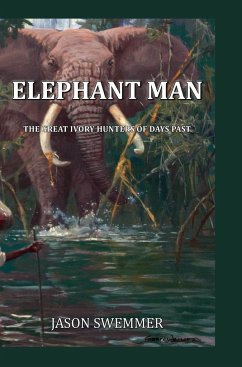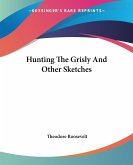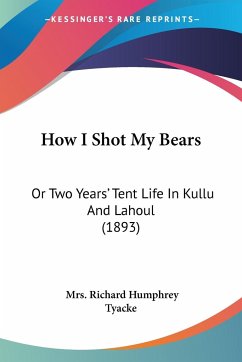With the possible exception of the whale, no other animal evokes as much emotion as the elephant, certainly when the subject of hunting them is brought up. But, as is so often the case when human emotions are used instead of common sense, the truth isn't quite so black and white. The elephant has described a path through history, much of which has run alongside that of that other intelligent mammal, the primate. As terrestrial contemporaries, it was inevitable that our paths would cross often and not always peacefully. Most elephants now survive in nature reserves but this in itself is unnatural as the old routes are cut off, and the situation has created two major problems. One, elephants are a force of nature, and after man have the ability to alter their environment more than any other land animal. They decimate an enclosed area, turning forest to grassland, and with their old migratory paths cut off, the devastated area has no time to recover in their temporary absence. The second problem is equally serious and much more visible. Elephants are large, intelligent and powerful enough to leave their enclosed areas, by force if necessary, to access the crops of people in or just outside the reserves. These conflicts result in death for either or both parties with monotonous regularity. Most rural African families can have their entire year's harvest consumed by a single elephant in just one night. For subsistence farmers, this cannot be tolerated, and people often confront crop-raiding elephants with disastrous consequences. It is the active management of wildlife, head over heart, which will save the magnificent beasts that define Africa. The modern world sadly dictates that wild creatures have to be attributed a value to justify their existence in the face of rampant human population expansion. But given the human expansion, that value is imperative to save the planet's animals. This book will also, however, tell of another time, of an age that seems surreal by modern standards, and of the legendary figures that carved those legends out of the savage wilderness that was the old Africa.
Hinweis: Dieser Artikel kann nur an eine deutsche Lieferadresse ausgeliefert werden.
Hinweis: Dieser Artikel kann nur an eine deutsche Lieferadresse ausgeliefert werden.








